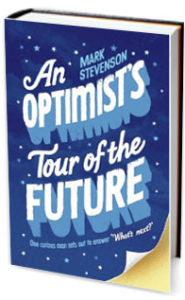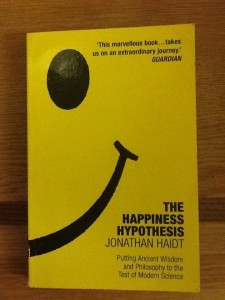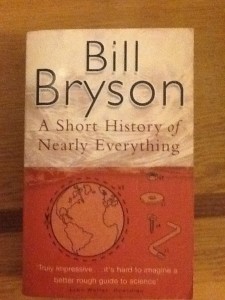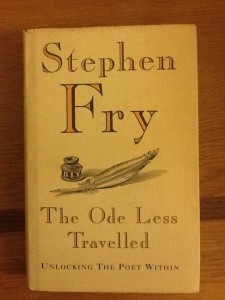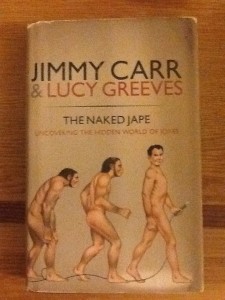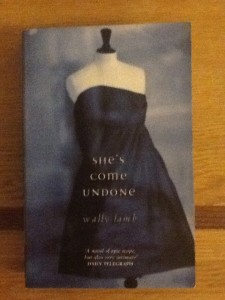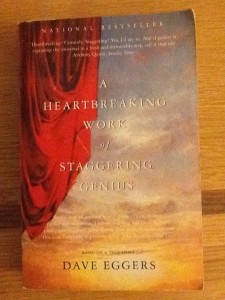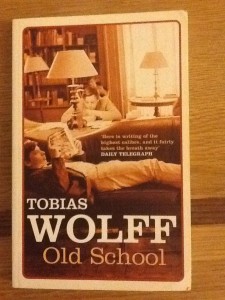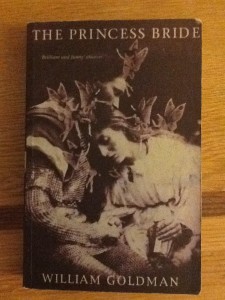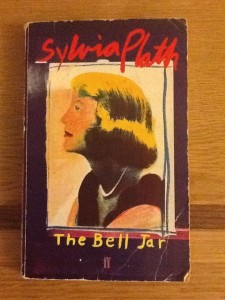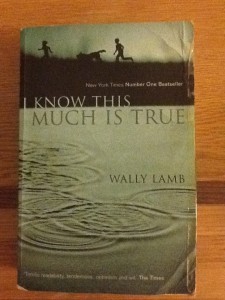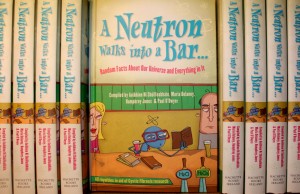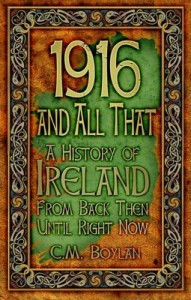 Collaboration is the new black. Every conference I attend; every commentator I hear trumpeting the success of coder dojo; every colleague who has tried it in their teaching agrees. Collaboration works.
Collaboration is the new black. Every conference I attend; every commentator I hear trumpeting the success of coder dojo; every colleague who has tried it in their teaching agrees. Collaboration works.
I’m not talking about glorified group work. I know what that is; I’ve done it. It’s where I the teacher set a task so I can feel that my students’ opinions are valued when all the while I know I’ll end up feeding them my answer in the end so why should they bother? Don’t get me wrong, I’m not defending the fact that this happens in my classroom. There are days when I hate myself for it. But sadly, unlike J Alfred Prufrock , I’m not always convinced that “there will be time, there will be time, for decisions and revisions that a minute will reverse” particularly at senior cycle. So I plough ahead because after all there is a course to cover and if I don’t get it covered I’ll be hanging up my “Teacher of the Year 2012” boots and adopting a rather fetching “Jackass of the Year 2013” limited edition instead.
No, I’m not talking about group work; I’m talking about the really meaty process of collaboration where people work together to create something that didn’t previously exist; something that fills them with the overwhelming urge to share.”Look at this thing we created. Look how great it is“.
But now that we know how valuable collaboration is; now that the research tells us what an effective learning tool it is, I find myself asking why the enormous potential of this wonderful invention known as the world wide web isn’t being used more effectively to facilitate greater collaboration between teachers in Ireland? Better connections, shared expertise, opportunities to connect.
I know it’s happening in pockets. I’m on the CESI list; I’ve conversed with hundreds of Irish teachers on twitter thanks to #edchatie; I’ve joined the INOTE facebook group to share ideas and resources and to tease out both new and old ways to teach effectively. But I’m also aware that there are thousands of teachers out there completely oblivious to the help and expertise that’s right there within their grasp if they just reach out and touch it. I know this because for eight years I was that person, living in a cave of my own invention and I wish, how I wish I had seen sooner what was just out of sight. Don’t assume reluctance, or laziness or complacency. For now, just assume ignorance – you can’t miss something you don’t know exists.
So what do I want?
Well a national database of English teachers would be a start (hell, let’s do it for every subject for that matter). This already exists. The Teaching Council have all of these details and I’m pretty sure there’s a smart computer programme out there somewhere which could cull this data into a usable list of email addresses. I think English would be a good place to start because ours is the first subject which will change in the new Junior Cycle so surely we’ll need to be kept in the loop and informed of new developments? Or am I just being a crazy person expecting to actually be informed about the changes which I will be introducing and implementing in my classroom? The teaching council website informs me that CPD is part of their remit. One of their aims is to facilitate networking among teachers. But I’m told they won’t give out this information to INOTE, the English teachers association (probably because of issues around confidentiality) and they won’t use it themselves. But goddamn it, listen to the voice of the people I say. Give us what we want. An Irish TES where we can share and connect and collaborate. You’ve got 10 million in the bank. What’s the problem?
So that’s two things on my wish list. A database of email addresses for English teachers and an Irish TES. But then I think, well maybe it’s not really the Teaching Council’s job? Maybe I should be looking to the PDST? Their job is definitely to facilitate CPD for teachers. They’re low on funding I know and swamped trying to deliver literacy and numeracy in-service (I attended a day long session recently that was just amazing). I also know they too have been compiling a list of English teachers in an effort to ensure that all teachers attend these literacy for English teachers in-services. Maybe they contacted the Teaching Council looking for this info and they too were refused. Who knows. Word on the street is they can’t share this list with the English teachers association either. Confidentiality I presume. We need to be protected from each other it would seem!
And what about the NCCA? They’re the ones driving the change and I know they’ve got a teachers network going among the pilot schools who are trying out ideas for the new Junior Cycle. I hear it’s great. But I’m on the outside not looking in but staring at a blank wall. I’ve been told that the new English syllabus / specification will be available for consultation in April/May. But don’t for a moment think that this means a letter will be sent to all English teachers. Or an email (from the list that exists but must not speak its name). It will most likely appear silently one day, I predict just as the State Examinations kick off. It will quietly lurk on a website unseen, unheard of by the vast majority of English teachers in this country (assume what you want about whether or not this is their own fault for not obsessively checking the NCCA website daily for updates). The book publishers will probably get their spoke in. And then with a flourish the new Junior Cycle English Specification will be introduced with minimal input from the people it effects the most – teachers and students – unless you’re in one of the pilot schools (and even then I’m told, by teachers in the know, that the consultation process often involves offering your input and then being completely ignored. Forgive me if I sound cynical – I try so hard not to be).
Perhaps I am naive. Perhaps I am too demanding; too vocal; too politically incorrect. Perhaps I am foolish to think for a second that anything I say makes the slightest ripple of a difference to anyone in these organisations. Maybe if I care so much I should be taking this on myself? Free and gratis. Just the way this government likes us to operate. More for less. More and more and more and more for less.
Or perhaps I’m right. Perhaps it’s time the hand started speaking to the arm and the arm to the body and the whole lot to the bloody head. If I’m making it sound terribly straightforward that’s because I believe it should be. Today we learned that a baby was cured of HIV; surely this is not beyond us?


